ASTRONOMY 202: ASTROPHYSICAL FLUID DYNAMICS
See bcourses.berkeley.edu for up-to-date version
Problem sets
Slides from 2020
April 29 2020 Slide 0
April 29 2020 Slide 1
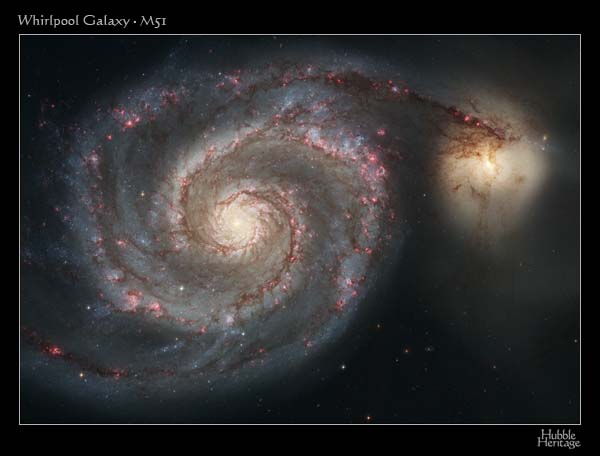
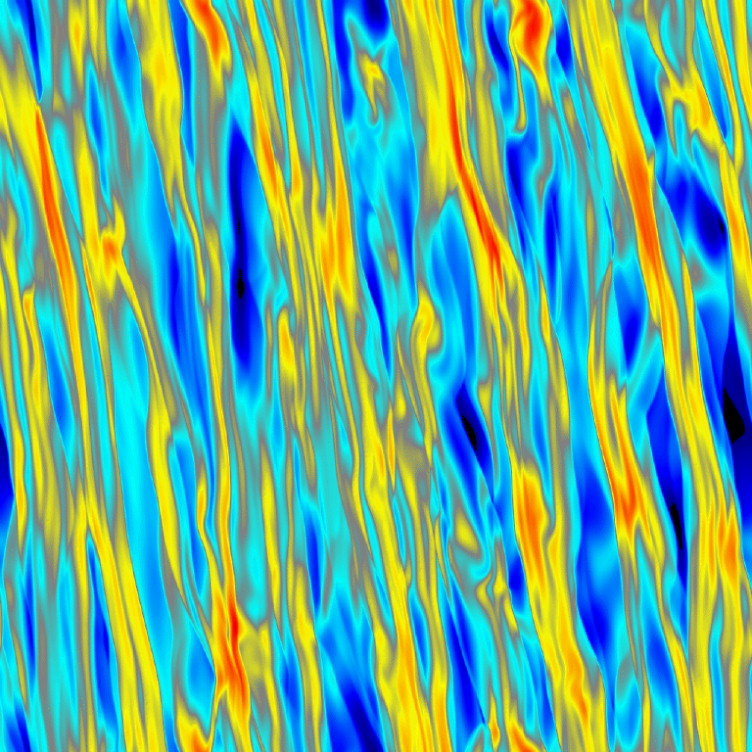
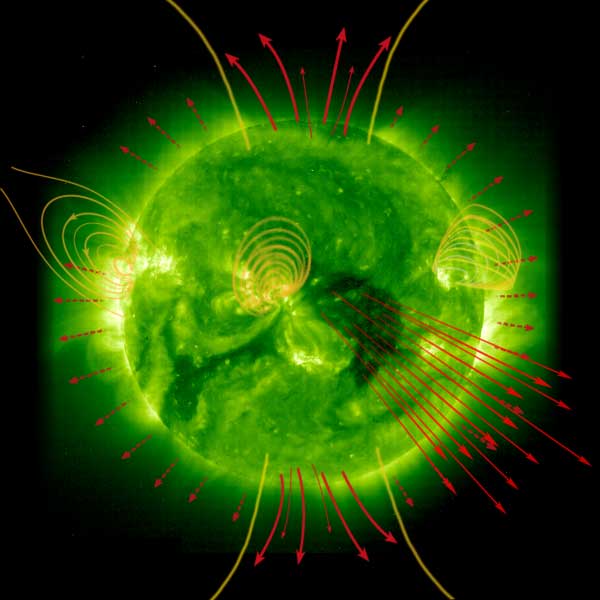

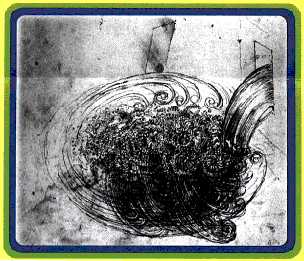
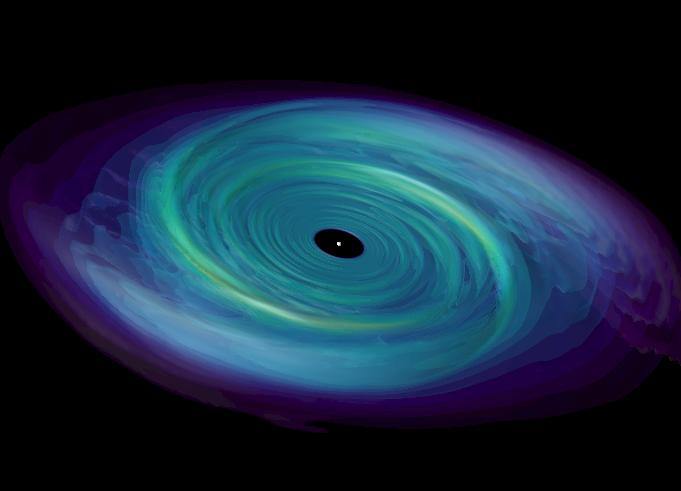
Fluid mechanics for astronomers. The class aims to develop physical intuition and order-of-magnitude problem-solving skills.
|
| TOPICS |
| A. Mass, Momentum, and Energy Equations |
| B. Drag |
| C. Turbulence and Kolmogorov cascade |
| D. Inviscid Flow and the Bernoulli Constant |
| E. Parker Wind / Bondi-Hoyle Accretion |
| F. Sound Waves, Shocks, and Sedov-Taylor |
| G. Convection / Mixing Length Theory |
| H. Kelvin-Helmholtz and Rayleigh-Taylor Instabilities |
| I. Thermal Instability |
| J. Jeans Instability |
| K. Viscous Accretion Disks |
| L. Rayleigh Instability |
| M. Spiral Density Waves, Toomre Q, and Swing Amplification |
| N. Magnetohydrodynamics (Ideal vs. Non-Ideal) |
| O. Magneto-Rotational Instability |
| P. Magnetized Winds (Solar Wind; Blandford-Payne; Magnetic Towers) |
Instructor Eugene
Chiang
(Departments of Astronomy and of Earth and Planetary Science )
Campbell 605C / echiang{at}astro.berkeley.edu
Time & Place Tuesdays and Thursdays 10:30-12:00 pm by zoom link
Office Hours Wednesdays 3:00-5:00 pm
by discord. Feel free to email me, too.
Texts
Astro 202 Course Reader on sale at Copy Central (1971 Shattuck Avenue)
Physical Fluid Dynamics by Tritton (concise and readable, what I grew up with)
Astrophysical Flows by Pringle and King
Physics of Astrophysics: Gas Dynamics by Shu
Elementary Fluid Dynamics by Acheson (concise and readable)
An Introduction to Fluid Dynamics by Batchelor (standard reference liked by many)
Fluid Mechanics by White (friendly, for engineers)
Fundamentals of Fluid Mechanics by Munson, Young, and Okiishi (very friendly, for engineers)
Plasma Physics by Sturrock (selections are in the Course Reader)
Physics of Shock Waves and High-Temperature Hydrodynamic Phenomena by Zel'dovich and Raizer (classic and readable)
Modern Classical Physics by Blandford and Thorne (to read after reading the above)
Fluid Mechanics by Landau and Lifshitz (to read after reading the above)
Movies
Format and Grading
Weekly lectures
Readings
Problem sets (75%)
Written final exam (25%)
Semester grades: A- (90%) / B- (80%) / C- (70%) / D- (60%) / F (< 60%)
One "average" homework will be dropped when computing your homework grade. In this scheme it is possible to score > 100% on the homework. Homework grades exceeding 100% will be re-set to 100%.
1. Shu p3-6; Tritton 5.1-5.5; White 4.2, 4.3, 4.5; Pringle & King Sections 1 through 1.4, and 1.7
2. Pringle & King 1.3-1.4, 1.6.1, 1.7.1, 1.7.3; Shu p20-24, 30-33, 49-50; Tritton 10.4-10.7; Landau & Lifshitz Chapter 1, section 5, 6; Movies: e.g., Eulerian/Lagrangian, Fluid Quantity and Flow, Flow Visualization
3. Pringle & King 2.1.1 & 2.1.2; Tritton 5.8, chapter 2, chapter 8; Movies: Pressure Fields and Fluid Acceleration; whatever text you would like to read about the Taylor-Proudman Theorem (e.g., Acheson p279-280 works)
4. Tritton, chapter 3; Movies: Drag I and II; also readings from textbooks by Acheson and by Batchelor as pointed out in problem set problems
5. Movies: Drag III, IV; skim relevant pages on Drag in the Course Reader
6. Shu p73-81; p24-31 of Course Reader, photocopied from Frank, King, & Raine
7. Shu p210-217, 230-240; however much of Thorne & Blandford Chapter 17 you like
8. Selections from Sturrock in the Course Reader
9. Shu p302-310 on MHD waves and p360-365 on ambipolar diffusion; however much of the papers by Weber & Davis (1967) and Blandford & Payne (1982) you care to read
10. Course Reader: selections from Binney & Tremaine. Also
Shu p98-101
11. Course Reader: (a) selections from Binney & Tremaine; (b) passages on accretion disks from Frank, King, & Raine; (c) however much of Gammie (2001) that you like (the introduction is very readable). Also skim Shu p82-88, 90-92.
12. However much of the hand-outs by Balbus & Hawley that you like; Shu p93-98, 101-110, 120-123, 125-130
See bcourses.berkeley.edu for up-to-date version.
If you use these problem sets for your classes, I would appreciate
your letting me know by email, and referencing this class and website.
Homework policy: You are encouraged to consult others and the instructor but only after having thought seriously about the problem yourself. Your final solution should be written up by yourself. You may ask for short extensions in special circumstances.
PS 1: Due Wed Feb 5
PS 2: Due Wed Feb 12
PS 3: Due Wed Feb 19
PS 4: Due Wed Feb 26
PS 5: Due Wed Mar 4
PS 6: Due Wed Mar 11
PS 7: Due Wed Mar 18
PS 8: Due Wed Apr 1
PS 9: Due Wed Apr 8
PS 10: Due Wed Apr 15
PS 11: Due Wed Apr 22
PS 12: Due FRI May 1
Students may opt for written or oral exams.













